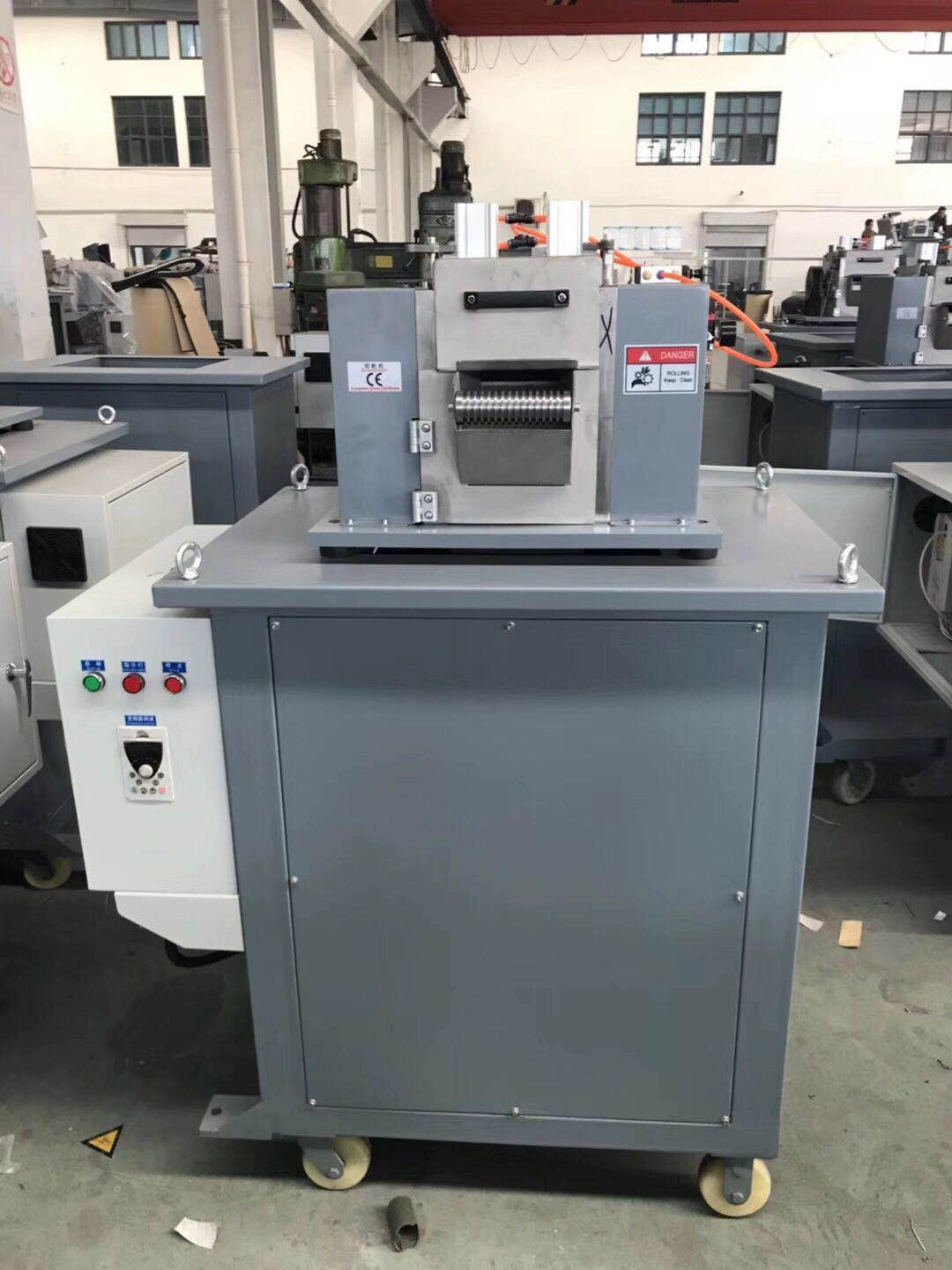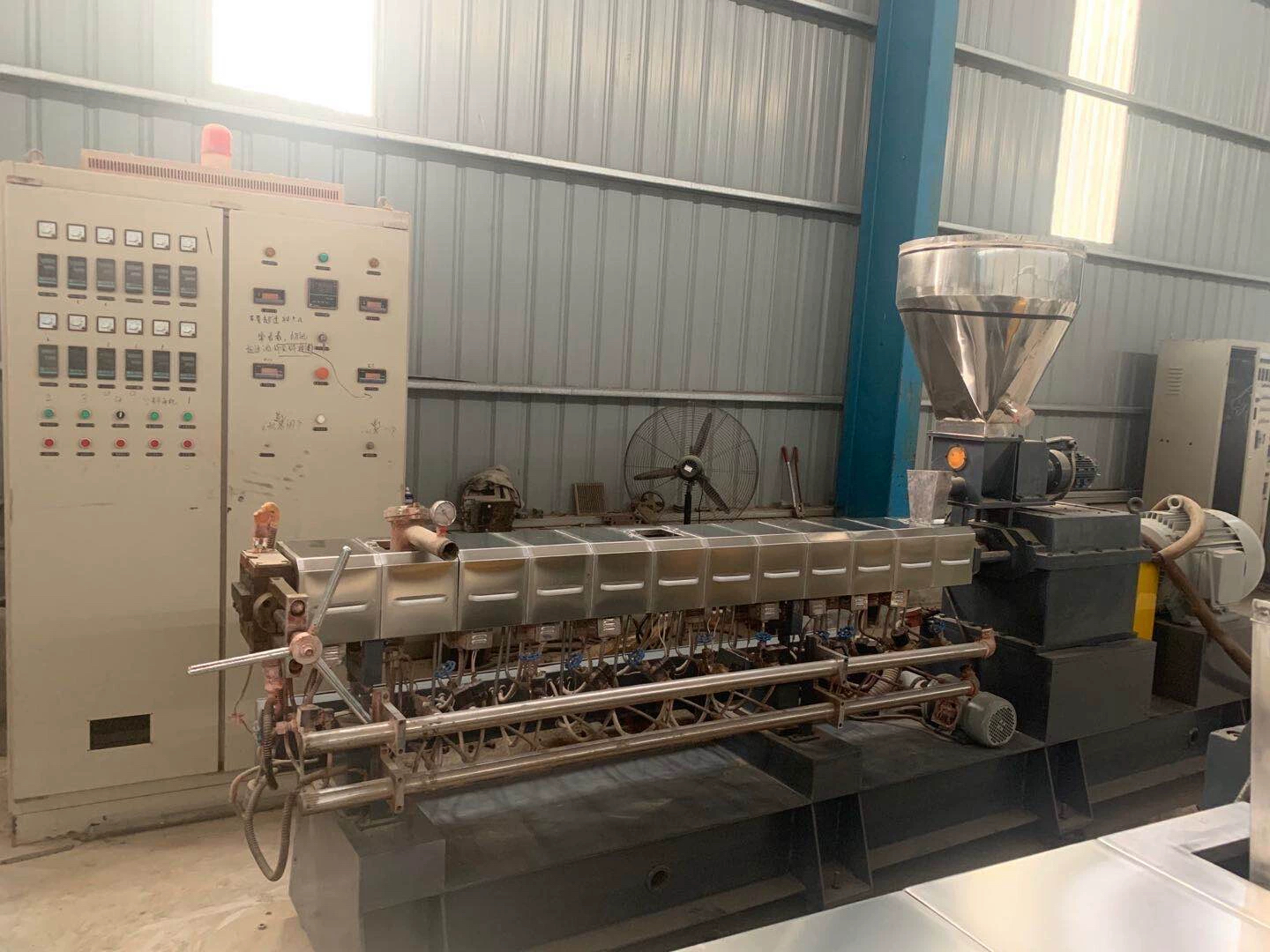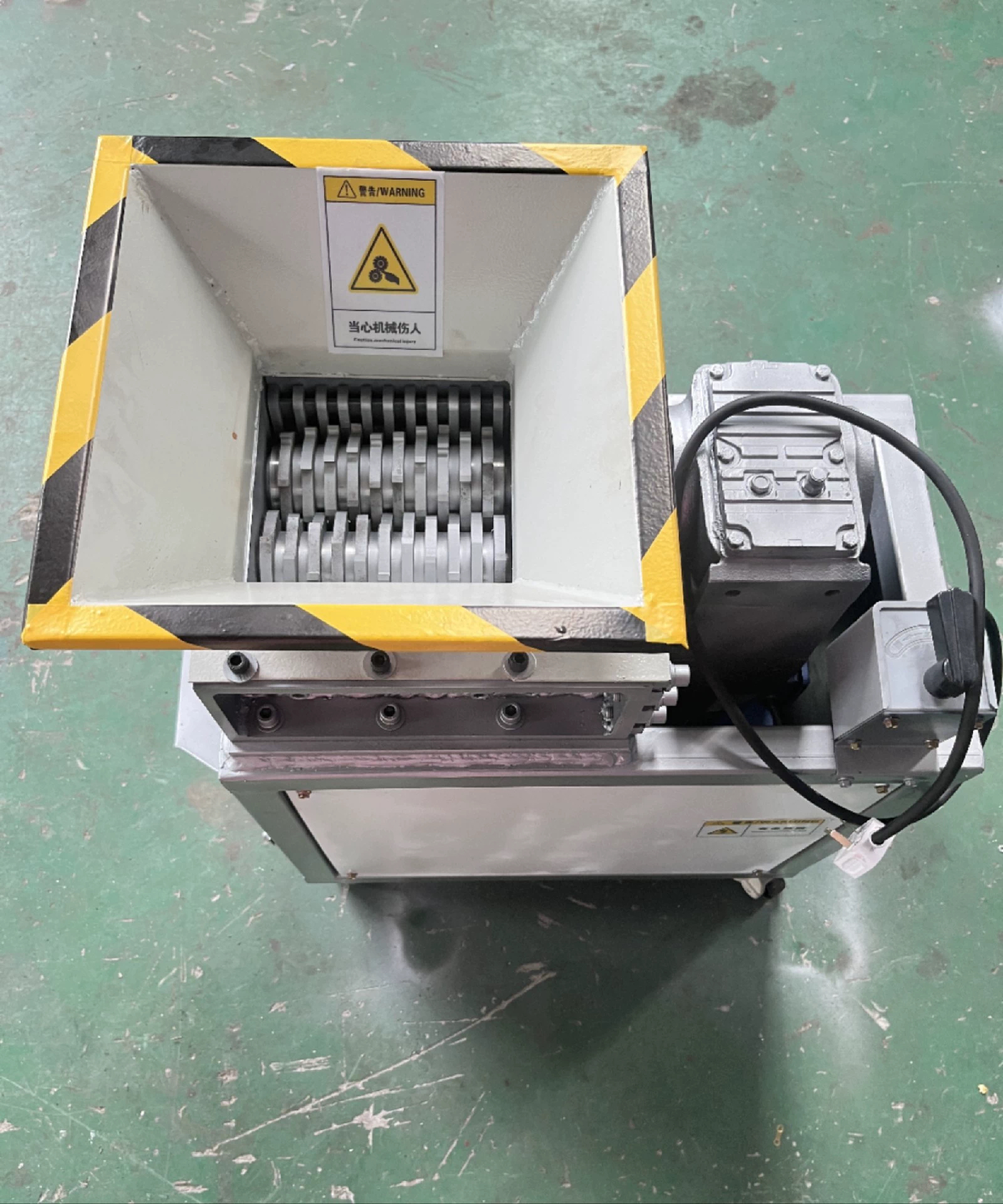Transforming Waste into Value: The Powerhouse Machines of the Plastic Industry
The modern plastic industry is a marvel of innovation, constantly seeking to optimize production, minimize waste, and embrace the circular economy. At the heart of this transformation lies a quartet of essential machines: shredders, granulators, crushers, and pelletizers. These powerhouses work in concert to convert everything from bulky industrial scrap to post-consumer waste into valuable, reusable raw materials.

Shredders: The First Line of Defense
Imagine mountains of discarded plastic crates, car bumpers, or massive production purgings. Direct processing of such large items is simply impractical. This is where the shredder steps in. These robust machines, characterized by their powerful, slow-speed, high-torque rotating shafts and sharp blades, tear and rip large plastic items into smaller, more manageable pieces. They are the essential pre-processing step, significantly reducing the volume of waste and preparing it for subsequent stages. Think of them as the "heavy lifters" that make the impossible, possible.
Granulators & Crushers: Refining the Cut
Once shredded, the plastic still needs further size reduction to become a truly uniform and processable material. This is the domain of granulators and, in some contexts, crushers. While often used interchangeably, granulators typically feature high-speed rotary blades working against stationary bed knives, precisely cutting the plastic into small, consistent flakes or "regrind." The final size is determined by a screen, ensuring uniformity. Crushers, while serving a similar purpose of breaking down material, might be employed for more initial, rough breakdown of very hard or dense plastics before granulation. The output from these machines is crucial for efficient washing, drying, and ultimately, the final transformation.
Pelletizers: The Gold Standard of Recycled Plastic
The journey from waste to valuable resource culminates with the pelletizer. This is arguably the most sophisticated step in the recycling chain. After being shredded, granulated, washed, and dried, the plastic flakes are fed into the pelletizer. Here, the plastic is melted, extruded through a die (often a strand or underwater system), and then precisely cut into small, uniform pellets. These pellets, identical in shape and size to virgin plastic resins, are the industry's "gold standard" for recycled material. They offer consistent flow properties, density, and ease of handling, making them perfectly suitable for direct integration into mainstream plastic manufacturing processes like injection molding and extrusion.

RobotDigg: Empowering the Makers of Tomorrow

While large-scale industrial shredders, granulators, and pelletizers are the backbone of commercial recycling facilities, the spirit of innovation and material transformation extends to smaller scales and specialized applications. This is where companies like RobotDigg play a vital role.
RobotDigg is well-known in the maker community and for providing components and equipment for 3D printing, CNC, and automation projects. While they may not directly manufacture industrial-scale pelletizers or shredders, their expertise in motion control, precision components, and automation tools is incredibly relevant. For those looking to build custom, smaller-scale plastic processing solutions – perhaps for material prototyping, localized recycling initiatives, or educational purposes – RobotDigg's offerings can be invaluable. From stepper motors and linear guides for experimental extruders to specialized nozzles and heating elements for desktop pelletizing concepts, their product range empowers innovators to experiment with and even construct their own versions of these vital plastic processing machines on a more accessible scale.
In essence, whether it's a multi-million dollar industrial recycling plant or a garage-based innovator exploring new ways to upcycle plastic, the fundamental principles of shredding, granulating, crushing, and pelletizing remain the same. And it's through the combined efforts of established industrial players and agile component providers like RobotDigg that the plastic industry continues its impressive journey towards a more sustainable and circular future.
Recent post:
- Humanoid Robots Steal the Show with Traditional Dance Performance at 2025 Spring Festival Gala
- Reversing or reciprocating screw
- The Realm of Motion: Unraveling the Mechanisms of Lead Screws, Ball Screws, Reversing Screw and Beyond
- Whirlwind Milling vs. CNC Milling for Screw Manufacturing and the Cost Implications for Different Screw Types
- The relationship between three common closed-loop modes and FOC control